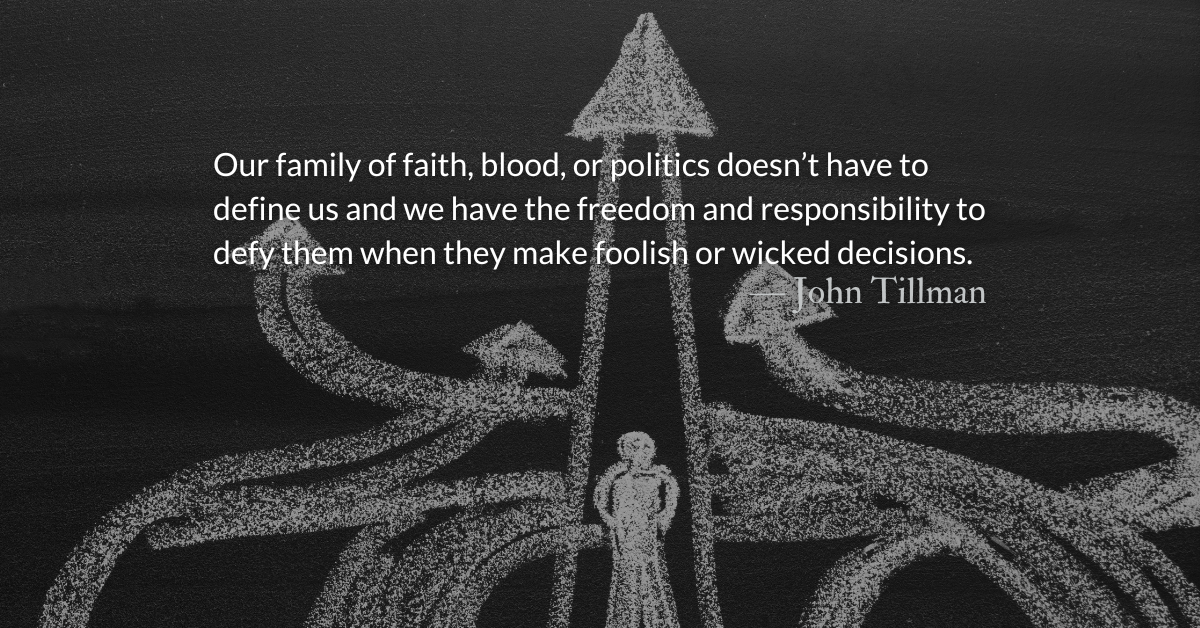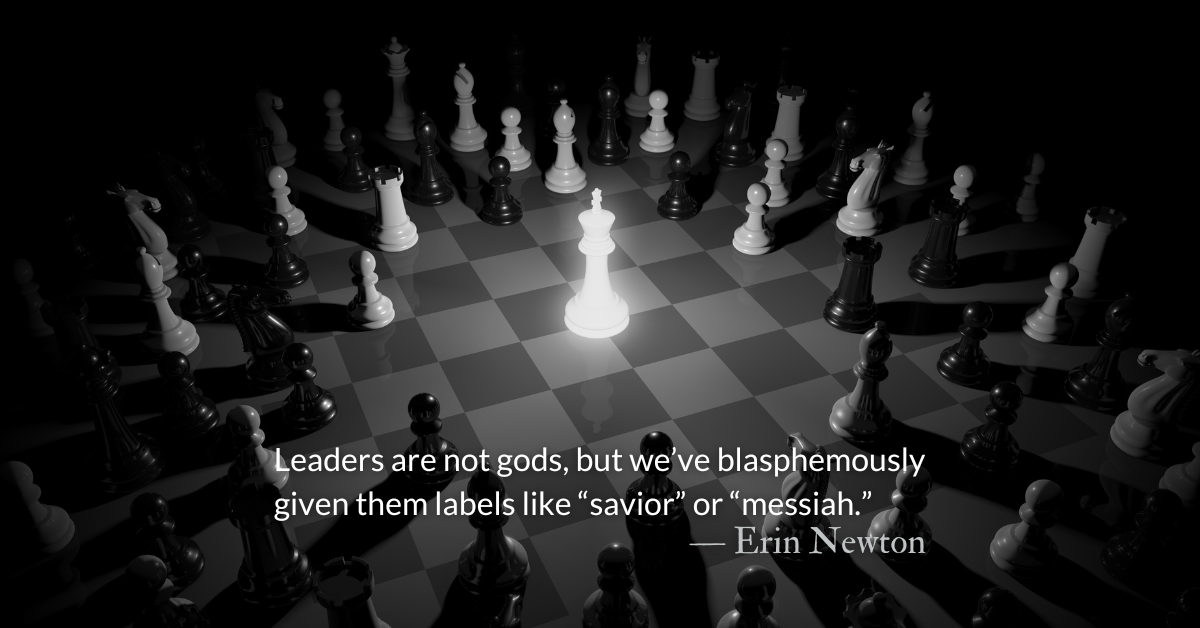Links for today’s readings:
Read: 1 Samuel 14 Listen: (9:01) Read: 1 John 2 Listen: (4:04)
Links for this weekend’s readings:
Read: 1 Samuel 15 Listen: (5:46) Read: 1 John 3 Listen: (3:21)
Read: 1 Samuel 16 Listen: (3:45) Read: 1 John 4 Listen: (2:58)
Scripture Focus: 1 Samuel 14.3-15
12 The men of the outpost shouted to Jonathan and his armor-bearer, “Come up to us and we’ll teach you a lesson.” So Jonathan said to his armor-bearer, “Climb up after me; the Lord has given them into the hand of Israel.” 13 Jonathan climbed up, using his hands and feet, with his armor-bearer right behind him. The Philistines fell before Jonathan, and his armor-bearer followed and killed behind him. 14 In that first attack Jonathan and his armor-bearer killed some twenty men in an area of about half an acre.
15 Then panic struck the whole army—those in the camp and field, and those in the outposts and raiding parties—and the ground shook. It was a panic sent by God.
Reflection: The Godly Impatience of Jonathan
By John Tillman
Just after the disappointment of hearing Samuel tell Saul that his kingdom will not last, we get a long section of insight into Saul’s son, Jonathan, who acts when his father is passive and demonstrates wisdom when his father is foolish.
In the previous chapter, Saul failed a “Gideon-like” spiritual challenge. Saul was waiting with his army for Samuel to come offer the sacrifice. When Samuel was delayed the men became frightened and started to slip away. Saul broke God’s command in an attempt to retain more soldiers. His ungodly impatience was condemned by Samuel.
Saul ended up with only 600 men. (Twice what Gideon had.) But while Philistines advanced, established outposts, and sent raiding parties, Saul failed to meet them. In Samuel’s absence, Saul sought spiritual leadership by huddling with the grandson of disgraced leader, Phinehas, a corrupt son of Eli.
Jonathan seems to have gotten tired of waiting. His godly impatience led him to outdo Gideon’s great victory. Gideon sent the Midianites into a panic at night, through deception, with 300 men. Jonathan sent the Philistines into a similar panic in broad daylight, with an open challenge by only two men—and only one of them had a sword! After Jonathan and his armor-bearer killed about 20 soldiers, God sent an earthquake and a panic that caused the Philistines to start killing each other.
Jonathan is a sharp contrast with his father. Where Saul enacts religious appearances, Jonathan lives a fully realized faith. Where Saul seems oblivious to God’s clear instructions, Jonathan seems sensitive to God’s subtle guidance. Where Saul leads through threats and authority, Jonathan leads through cooperation and partnership. Where Saul lives by foolish oaths and decisions, Jonathan lives by wisdom and honor.
Seeing the greatness of Jonathan is a bittersweet picture of what could have been if Saul had made different choices. But Jonathan also shows us that we don’t have to wait for “leadership” to follow what God has for us. Even under a wicked king, who happened to be his father, Jonathan was faithful, brave, and honorable.
May we have a godly impatience like Jonathan. May we not allow corrupt, inept, indecisive, or hesitant leaders or peers to prevent us from doing what is right. Our family of faith, blood, or politics doesn’t have to define us and we have the freedom and responsibility to defy them when they make foolish or wicked decisions. (1 Samuel 14.28-30)
Divine Hours Prayer: The Request for Presence
O Lord, I call to you; my Rock, do not be deaf to my cry; lest, if you do not hear me, I become like those who go down to the Pit. — Psalm 28.1
– Divine Hours prayers from The Divine Hours: Prayers for Summer
by Phyllis Tickle
Read more: Not So Random Acts of Kindness
When David settled into his role as the king of Israel, he turned his attention to honoring the friendship he had with Jonathan.
Consider Supporting Our Work
Please consider becoming a donor. Support ad-free content that brings biblical devotionals to inboxes across the world.






